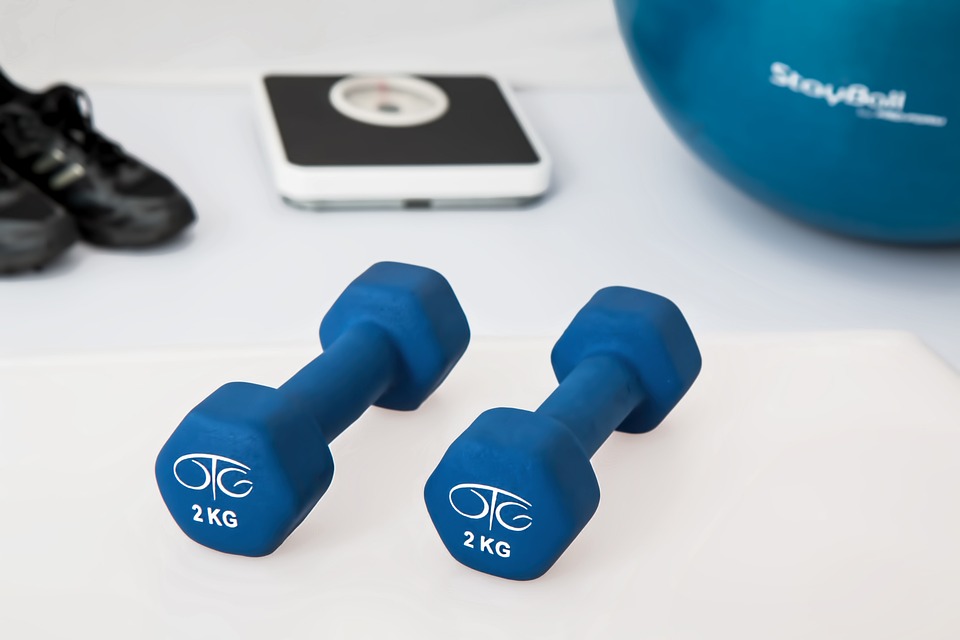Unlocking the Benefits of Exercise: How Regular Physical Activity Boosts Mental and Physical Health
Regular physical activity is not only essential for maintaining a healthy body, but it also plays a crucial role in boosting mental well-being. Exercise has been proven to have numerous benefits for both our physical and mental health. In this article, we will delve into the various ways in which exercise positively impacts our overall well-being.
Physical Benefits of Exercise
Engaging in regular physical activity provides a multitude of benefits for our physical health. From improving cardiovascular fitness to strengthening muscles and bones, exercise is a key factor in maintaining a healthy body. Here are some of the physical benefits of exercise:
- Improved cardiovascular health: Exercise helps strengthen the heart muscle, lower blood pressure, and improve blood circulation. Regular aerobic activities such as running, cycling, or swimming can significantly reduce the risk of heart disease.
- Weight management: Engaging in physical activity helps burn calories and maintain a healthy weight. Combined with a balanced diet, exercise can aid in weight loss and prevent obesity.
- Stronger muscles and bones: Resistance training exercises, such as weightlifting or bodyweight exercises, help build and maintain strong muscles and bones. This is particularly important as we age, as it can reduce the risk of osteoporosis and improve overall strength and mobility.
- Enhanced immune system: Regular exercise has been shown to boost the immune system, making us more resistant to various illnesses and infections.
- Improved sleep: Physical activity promotes better sleep quality, helping individuals fall asleep faster and enjoy a deeper, more restorative sleep.
Mental Benefits of Exercise
While the physical benefits of exercise are well-known, its positive impact on mental health is equally significant. Engaging in regular physical activity can help alleviate symptoms of anxiety, depression, and stress. Here are some of the mental benefits of exercise:
- Reduced stress and anxiety: Exercise stimulates the production of endorphins, often referred to as “feel-good” hormones. These endorphins help reduce stress and anxiety levels, promoting a sense of well-being and relaxation.
- Improved mood: Physical activity triggers the release of neurotransmitters like serotonin and dopamine, which are known to enhance mood and improve overall mental well-being.
- Increased self-esteem: Regular exercise can boost self-esteem and self-confidence, particularly when individuals achieve their fitness goals or experience improvements in their physical appearance.
- Enhanced cognitive function: Exercise has been linked to improved cognitive function and memory. It increases blood flow to the brain, promoting the growth of new brain cells and enhancing brain health.
- Better sleep quality: Exercise not only improves physical sleep quality but also contributes to better sleep for individuals struggling with insomnia or sleep disorders.
Frequently Asked Questions (FAQs)
1. How much exercise do I need to experience the mental and physical benefits?
The amount of exercise required to unlock the benefits varies depending on individual factors such as age, fitness level, and health condition. However, it is generally recommended to engage in at least 150 minutes of moderate-intensity aerobic activity or 75 minutes of vigorous-intensity aerobic activity per week, along with strength training exercises twice a week.
2. Can exercise help in managing mental health conditions?
Yes, exercise can be a valuable component in managing mental health conditions such as depression and anxiety. It is important to consult with a healthcare professional to determine the most suitable exercise regimen for your specific condition.
3. What types of exercise are most beneficial for mental health?
Various forms of exercise can be beneficial for mental health. Aerobic exercises like brisk walking, jogging, or dancing are known to have mood-boosting effects. Additionally, activities such as yoga and tai chi, which incorporate both physical movement and mindfulness, can help reduce stress and promote relaxation.
4. Can exercise improve cognitive function in older adults?
Yes, exercise has been shown to improve cognitive function and memory in older adults. Engaging in regular physical activity increases blood flow to the brain, which promotes the growth of new brain cells and improves overall brain health.
5. Are there any precautions to consider before starting an exercise routine?
Before starting any new exercise routine, it is advisable to consult with a healthcare professional, especially if you have any underlying health conditions or concerns. They can provide personalized recommendations and ensure that you exercise safely and effectively.
Regular physical activity offers a plethora of benefits for both our mental and physical well-being. From reducing the risk of chronic diseases to enhancing mood and cognitive function, exercise is a powerful tool for improving overall health. So, lace up your sneakers and start unlocking the incredible benefits of exercise today!






